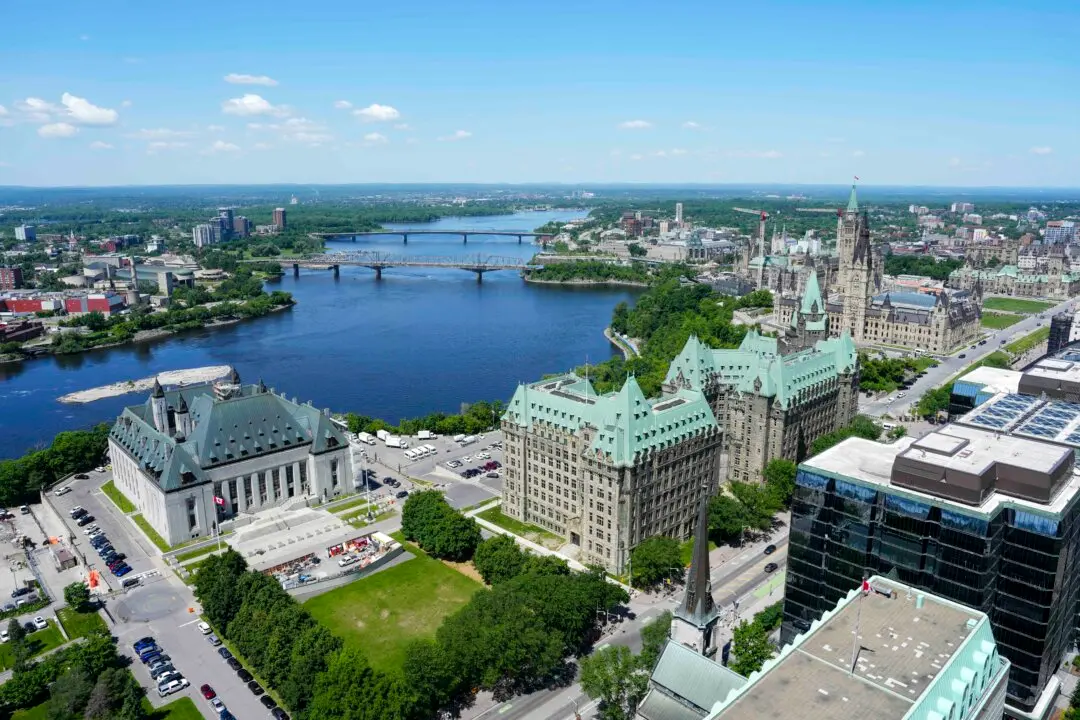Commentary
Recent surveys indicate that patriotism is falling among Canadians. Now, a new poll reveals that the decline is steepest by far among Canadian youth. This is the predictable consequence of public schools teaching that Canadian society is made up of an oppressive majority group and a collection of disparate minority groups, while actively discouraging the formation of a patriotic attachment to country that could bind us together as a national community.





